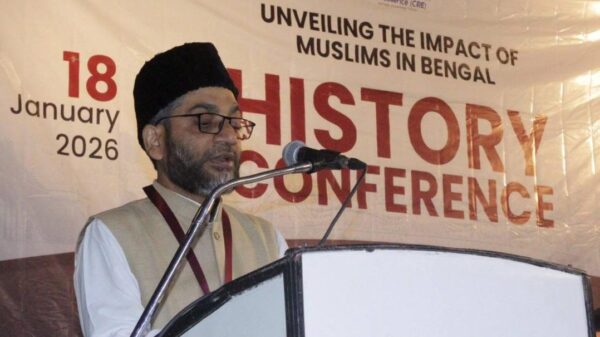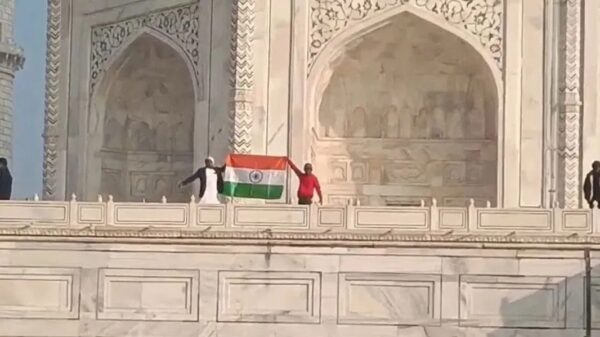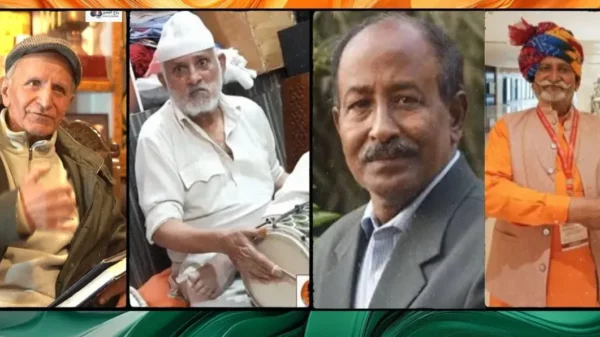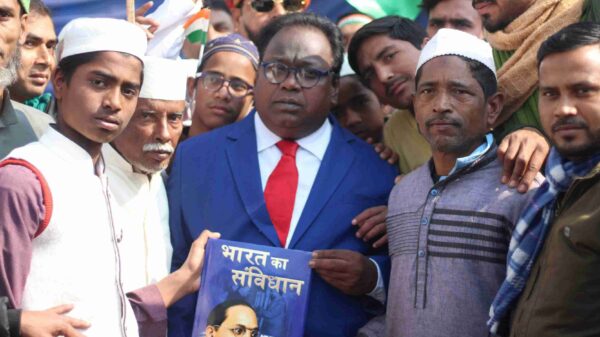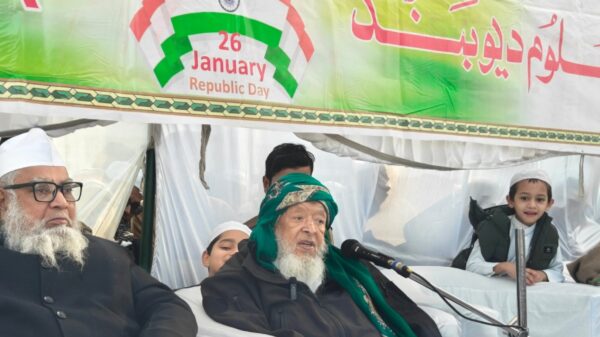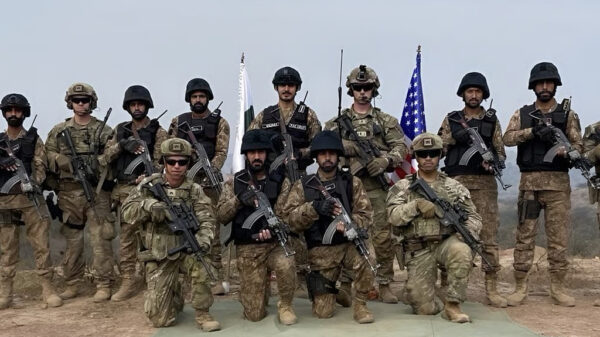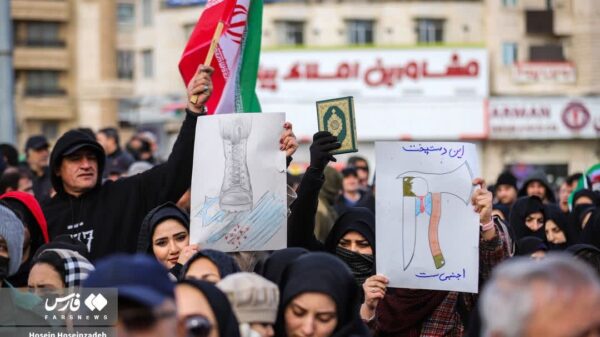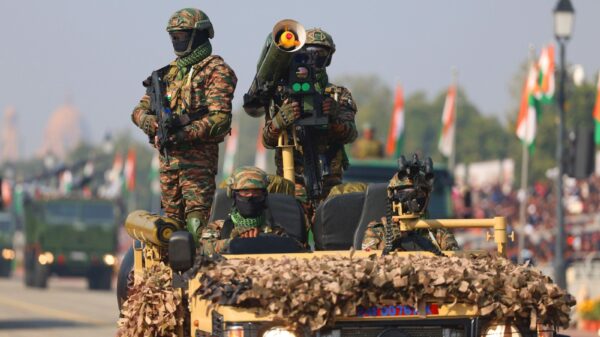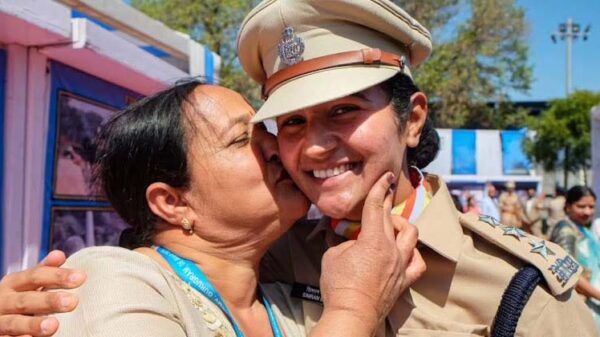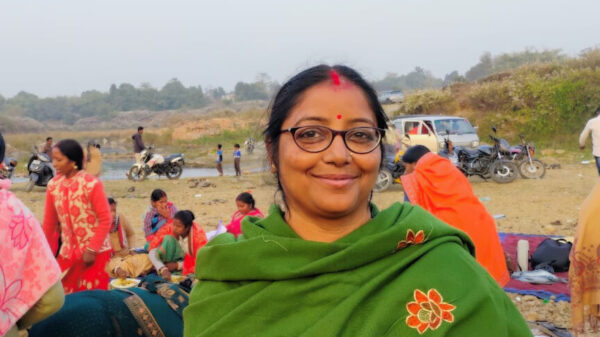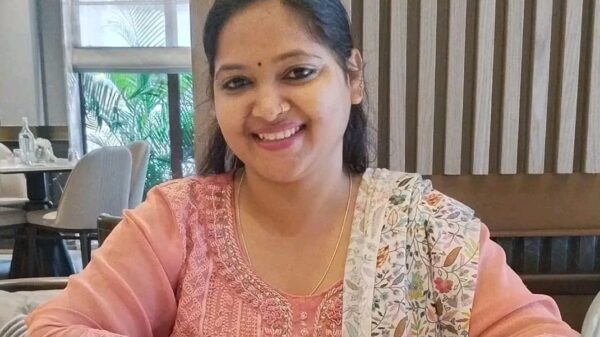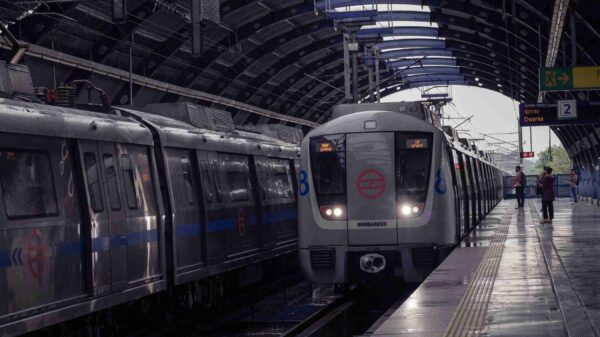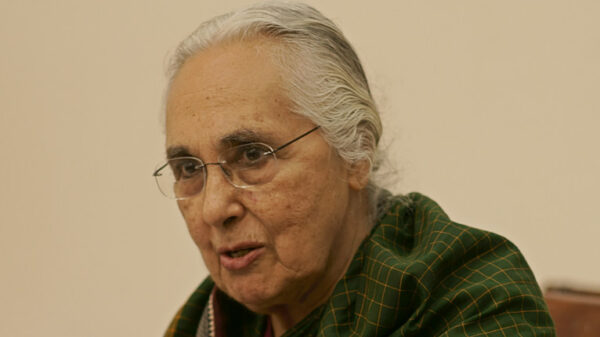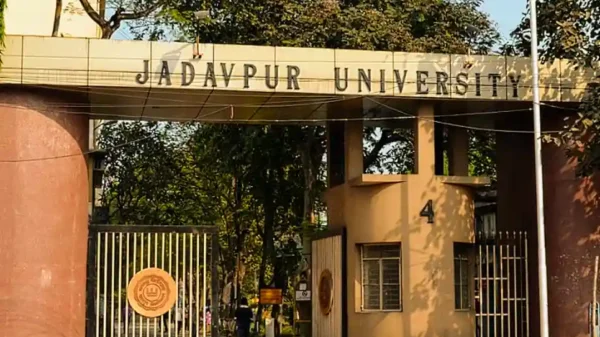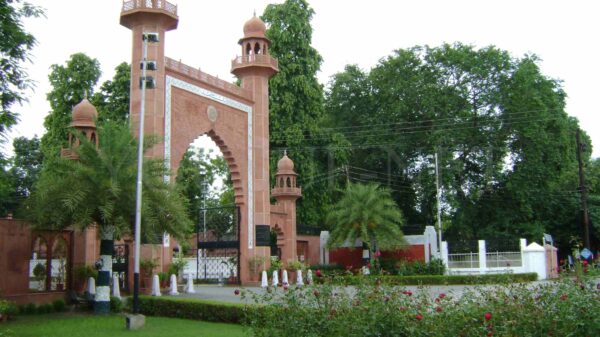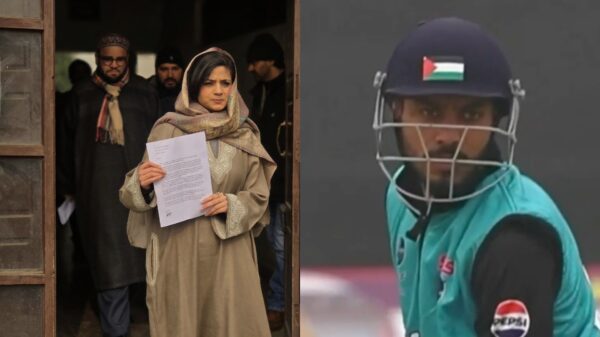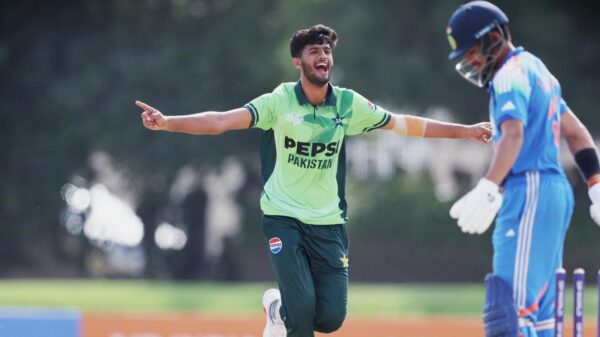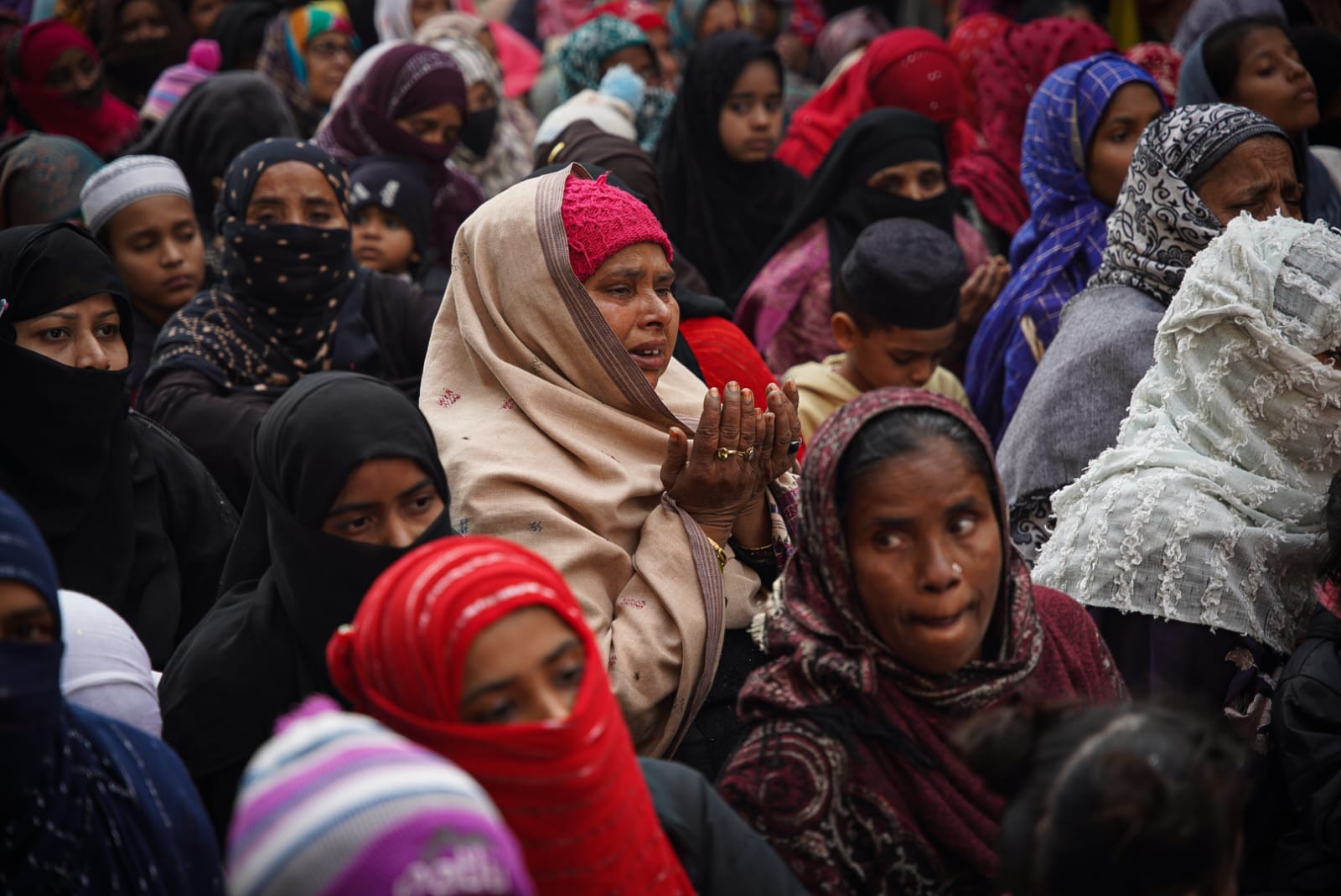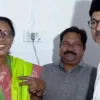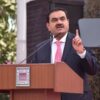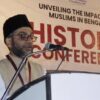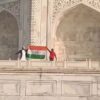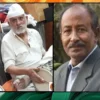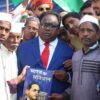Indian Muslims displayed significant support for opposition parties or the INDIA bloc in the 18th Lok Sabha elections. This support helped stop the far-right Hindutva party at 240 seats, short of the 272 needed to form a government. As a result, the BJP had to depend on NDA allies. Narendra Modi became Prime Minister for a third term. Earlier, the BJP had claimed they would win 400 seats, and many of their leaders had threatened to change the Constitution.
Narendra Modi delivered multiple hate speeches against Indian Muslims during the election campaign. In a particularly inflammatory and dangerous speech in Banswara, Rajasthan, Modi had directed the term “Ghuspethiye” against Indian Muslims which raised serious concerns about the future of Indian Muslims under a potential third term of Narendra Modi. Consequently, Muslims made meaningful efforts to protect the Indian Constitution- ultimately their lives, livelihoods, and homes trusting Rahul Gandhi’s “Mohabbat Ki Dukan”.
Muslims, the largest Indian minority in the aftermath of election results are subjected to hatred and violence. Numerous anti-Muslim hate crimes including mob lynchings of Muslim men and demolition of Muslim homes as a part of punitive punishment by the state have emerged aggressively. The message is loud and clear- avenging those who opposed Hindu Rashtra.
Four Muslim men have been lynched by a Hindutva mob and cow vigilantes after the election results in Chhatisgarh and Uttar Pradesh, both the BJP (Bhartiya Janata Party) ruled states. Authorities carried out a forced demolition of Muslim homes under questionable legal pretenses in safforonized Madhya Pradesh. Dozens of Muslim homes were bulldozed in the Mandla, Jaora, Ratlam, Seoni, and Morena districts displacing families and heightening tensions deepening the sense of insecurity among the local Muslim population.
However, in the Congress-ruled state of Himachal Pradesh, a mob chanting “Jai Sri Ram” slogans vandalized a textile shop of a Muslim man in Nahan after he allegedly shared an image of “cattle slaughter” on WhatsApp following Bakra Eid. The local Hindutva organizations gave an ultimatum to seven Muslim traders to vacate their shops within 24 hours and forced the market to shut down. The police investigation revealed that the animal was not a cow. Javed, the Muslim man was arrested by the police.
Also, in yet another hateful incident in Medak of Telangana, Muslims faced targeted attacks by a Hindutva mob on false allegations of cow slaughter leading to widespread fear among the community and injuries to Muslim men. Likewise, hate speech continues with impunity. A BJP leader in Delhi had threatened to slaughter 2 lakh Muslims in 48 hours, notably, in police presence.
Despite the electoral contribution of Muslims and the promises made during campaigns, political leaders of the INDIA bloc have largely remained silent on these critical issues leaving the Muslim population feeling abandoned and vulnerable.
Indian voters, particularly in the Hindi heartland rejected the hate propaganda by the BJP. The party in a significant turn of events lost crucial seats such as Ayodhya, despite the successful inauguration of the Ram temple; Muzaffarnagar, known for its communal violence; and Kairana, where Iqra Hasan, a young Muslim woman, received substantial support from Hindu Jats. These electoral outcomes reflect a growing disillusionment with divisive politics and a desire for unity and peace.
Voters chose unity over hate in Durgapur and Banswada where the Prime Minister had attempted to stoke communal tensions. The electorate rejected divisive narratives resulting in defeat for the BJP from these seats.
Despite clear signals from the electorate, political leaders including opposition figures have responded with disappointing silence. This is troubling, especially given the crucial role Muslim voters played in shaping electoral outcomes. The leader of the opposition Rahul Gandhi in particular, with his “Mohabbat Ki Dukan” campaign and “Daro Mat” slogan, has not addressed the issue adequately. His campaign promotes love and courage yet his silence on such a significant issue sabotages these messages. This lack of vocal support from him and the Indian National Congress (INC) raises questions about the commitment to the values they espouse.
Many political analysts attribute this silence to a cynical electoral calculus. Parties fear alienating other voter bases by advocating strongly for Muslim rights. This sentiment suggests that Muslims have limited electoral alternatives allowing their issues to be sidelined without consequence. The opposition leaders are symbolically taking the Constitution in hand asserting their dedication to its principles, yet fail to uphold it when it comes to Indian Muslims. This hypocrisy undermines the very foundation of equal rights and justice that the Constitution guarantees revealing a gap between rhetoric and action.
Behind the political silence lies the influence of groups like the RSS (Rashtriya Swayamsevak Sangh) and the broader Hindutva agenda, which prioritizes Hindu nationalism over minority rights. This influence has permeated political strategies, stifling voices within parties that might advocate for inclusive policies and protections for minorities.
Community leaders, human rights organizations, and civil society groups have condemned the violence and called for urgent action to protect Muslim citizens. Political leaders must break their silence, unequivocally condemn violence against Muslims, and take concrete steps to ensure justice for victims and accountability for perpetrators.
The current wave of violence against Muslims in India is not just an issue of communal strife but a critical test of India’s commitment to democracy and pluralism. Muslims are paying the price for voting for secularism and standing against hate. Political leaders must prioritize human rights over electoral calculations, speak out against injustice, and work towards building a society where every citizen can live without fear of persecution based on religion or ethnicity.
The silence of political parties on these critical issues undermines the foundational principles of India’s democracy and risks further polarization. The people of India gave an anti-hate mandate, signalling their desire for unity and tolerance. This mandate reflects a collective stand against divisive politics and communal violence. Political leaders must respect this call by demonstrating courage and moral leadership, standing up for the rights of all citizens, regardless of their religious identity. Only then can India truly fulfill its promise as a secular and inclusive democracy.
Nadeem Khan is a human rights activist associated with the Association for Protection of Civil Rights.
The information presented in this article represents the personal viewpoints of the author and does not necessarily reflect the opinions of The Observer Post.






